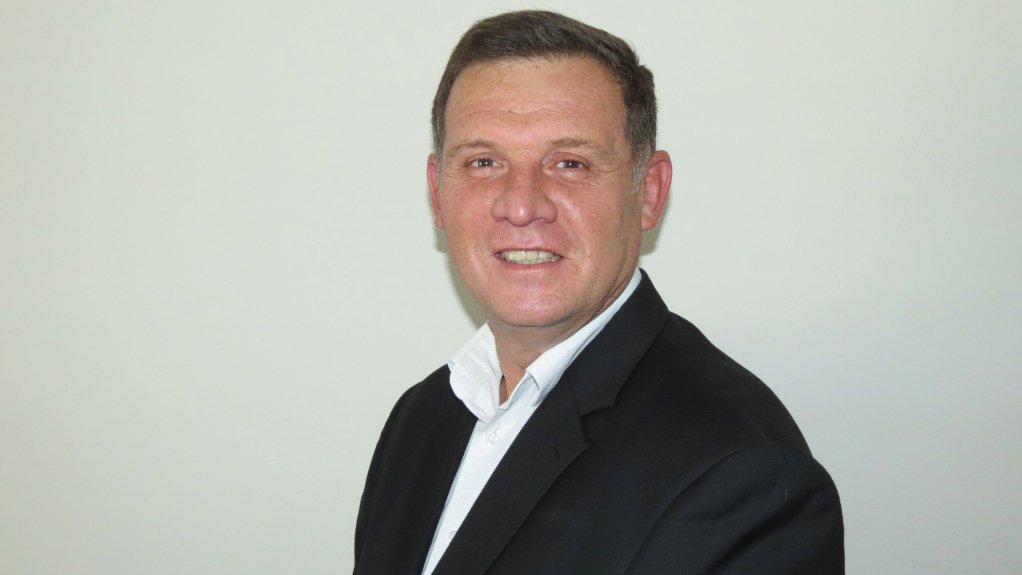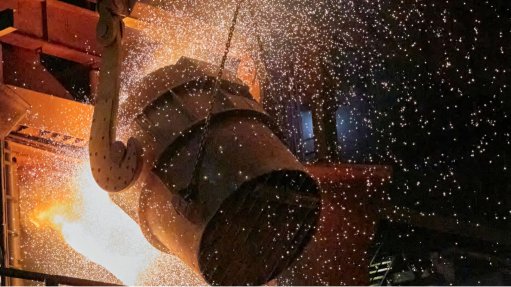Motor-body-repair sector training reform has value, but cut the red tape – Sambra, RMI
The South African Motor Body Repairers’ Association (Sambra), in partnership with the Retail Motor Industry Organisation (RMI), is intensifying its efforts to address the critical shortage of training opportunities in the motor-body-repair sector.
Following the official shift to occupational qualifications on July 1, last year, the sector reports that it continues to face serious constraints in accessing accredited training providers, particularly for specialist trades like spray-painting and panel-beating.
“Where there were once 30 training providers, only 12 merSETA-approved centres remain today,” says Sambra national director Juan Hanekom.
“While the new occupational qualifications bring value, they require apprentices to spend up to one-third of their training at a provider over three years.
“The current infrastructure simply can’t support the demand, especially in rural areas.”
In a positive move last year in June, the Quality Council for Trades and Occupations (QCTO) introduced a new model that enables employers to deliver all three components of the occupational certificate – knowledge, practical, and workplace – entirely on-site.
“This model has game-changing potential,” says RMI national training director Louis van Huyssteen.
“It gives employers, particularly those already well equipped for workplace training, a direct role in developing the next generation of artisans.
“Importantly, it opens doors for smaller or rural employers who would otherwise be excluded due to limited provider access.”
Van Huyssteen, Hanekom, and private training expert Dr Frik Botha agree that, while the new model is revolutionary, its successful implementation hinges on coordinated alignment across the system.
This includes synchronisation between merSETA’s head office, regional client liaison officers, administrators, quality assurers, and the QCTO’s quality assurance framework.
“Educating employers on the QCTO’s workplace-based model will take time,” notes Botha.
“Many still don’t fully understand that grant funding is now only available for occupational certificates, or what it means to consolidate learning across knowledge modules, practical training and workplace exposure.
“Everything from apprentice registration and tracking to site visits, gathering of evidence, logbook completion and final verification needs to be clearly communicated and simplified.”
Continued communication between employers, workplace mentors, skills development facilitators and quality assurance partners will be critical to the model’s success, says Botha.
To support the transition, Sambra and the RMI are tracking a hybrid pilot project led by Botha at IT-C, an accredited private skills development provider.
The project offers theoretical training via online distance learning, with employers providing practical and workplace training on-site.
To date, 13 apprentices, six spray painters and seven panel beaters have been placed with five RMI/Sambra employer members as part of the pilot study.
All are registered on merSETA’s National Skills Development Management System and with the QCTO, with wages covered by their employers.
Botha notes that while the new model draws on principles from the former Competency-Based Modular Training system, it places even greater responsibility on workplace mentors to guide and assess progress.
Public technical and vocational education and training colleges are also beginning to respond.
This year, both False Bay College and Northlink College in Cape Town enrolled apprentices for the first time in occupational qualifications in motor body repair.
In the Eastern Cape, national private provider UXI has committed to working with Sambra to implement a hybrid training model.
Despite these promising developments, systemic challenges seem to persist.
Many employers, particularly those in rural areas, remain unsure about the new occupational qualification system and the administrative responsibilities that come with grant funding.
“In a struggling skills system, something simple like getting a workplace skills plan approved, often becomes an exhausting administrative battle,” says Van Huyssteen.
“The red tape is discouraging. Some employers with a long track record of successfully training apprentices are now questioning whether it’s worth continuing.”
Processes Must Be Simplified
Sambra and the RMI are calling on policymakers and implementation agencies to act swiftly to simplify processes and remove systemic barriers.
A more employer-friendly, responsive skills ecosystem is urgently needed, they say – one that supports, values and empowers employers as key enablers of youth employment and artisan development.
With more than 23 000 employers and 300 000 employees, and contributing roughly 2% to South Africa’s GDP, the automotive retail aftermarket sector is well placed to support the country’s national development goals.
“If just one in five employers adopted the QCTO’s workplace-based model, we could register 4 500 apprentices annually, delivering 15% of the government’s 2030 target of 30 000 qualified artisans per year,” says Van Huyssteen.
“With the right support, coordination and innovation, the motor-body-repair industry can help unlock the full potential of South Africa’s youth and play a vital role in rebuilding the nation’s skills pipeline,” adds Hanekom.
Article Enquiry
Email Article
Save Article
Feedback
To advertise email advertising@creamermedia.co.za or click here
Announcements
What's On
Subscribe to improve your user experience...
Option 1 (equivalent of R125 a month):
Receive a weekly copy of Creamer Media's Engineering News & Mining Weekly magazine
(print copy for those in South Africa and e-magazine for those outside of South Africa)
Receive daily email newsletters
Access to full search results
Access archive of magazine back copies
Access to Projects in Progress
Access to ONE Research Report of your choice in PDF format
Option 2 (equivalent of R375 a month):
All benefits from Option 1
PLUS
Access to Creamer Media's Research Channel Africa for ALL Research Reports, in PDF format, on various industrial and mining sectors
including Electricity; Water; Energy Transition; Hydrogen; Roads, Rail and Ports; Coal; Gold; Platinum; Battery Metals; etc.
Already a subscriber?
Forgotten your password?
Receive weekly copy of Creamer Media's Engineering News & Mining Weekly magazine (print copy for those in South Africa and e-magazine for those outside of South Africa)
➕
Recieve daily email newsletters
➕
Access to full search results
➕
Access archive of magazine back copies
➕
Access to Projects in Progress
➕
Access to ONE Research Report of your choice in PDF format
RESEARCH CHANNEL AFRICA
R4500 (equivalent of R375 a month)
SUBSCRIBEAll benefits from Option 1
➕
Access to Creamer Media's Research Channel Africa for ALL Research Reports on various industrial and mining sectors, in PDF format, including on:
Electricity
➕
Water
➕
Energy Transition
➕
Hydrogen
➕
Roads, Rail and Ports
➕
Coal
➕
Gold
➕
Platinum
➕
Battery Metals
➕
etc.
Receive all benefits from Option 1 or Option 2 delivered to numerous people at your company
➕
Multiple User names and Passwords for simultaneous log-ins
➕
Intranet integration access to all in your organisation






















